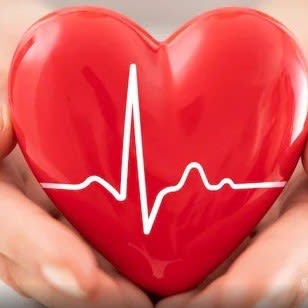Atrial Fibrillation (AF) Free Screening NumiScan North London

posted 5th November 2022
Atrial fibrillation
Atrial fibrillation (AF) is a common abnormal heart rhythm that happens when electrical impulses fire off from different places in the atria (the top chambers of the heart) in a disorganised way. This causes the atria to twitch, and is felt as an irregular heartbeat or pulse. Atrial fibrillation is a major cause of stroke.
Usually, the electrical messages are sent out regularly, with each message telling your heart to contract and pump blood around your body. This is felt as a normal, regular heartbeat, or pulse.
Normal heart rates should be regular and between 60 and 100 beats a minute when you're resting.
What is atrial fibrillation?
The heart's pumping action is controlled by tiny electrical messages produced by a part of the heart called the sinus node. The sinus node is sometimes called your heart's 'natural pacemaker'.
Atrial fibrillation happens because, as well as the sinus node sending out regular electrical impulses, different places in and around the atria (the upper chambers of the heart) also produce electrical messages, in an uncoordinated way. These multiple, irregular messages make the atria quiver or twitch, which is known as fibrillation. This is felt as an irregular and sometimes fast heartbeat, or pulse.
The cause is not fully understood, but it tends to affect certain groups of people, such as those over 65.
This can cause problems including shortness of breath, dizziness and tiredness.
It may be triggered by certain situations, such as drinking too much alcohol or smoking.
Atrial fibrillation can be defined in various ways, depending on the degree to which it affects you.
Examples -
Paroxysmal atrial fibrillation - episodes come and go, and usually stop within 48 hours without any treatment
Long-standing persistent atrial fibrillation - where you have had continuous atrial fibrillation for a year or longer
Persistent atrial fibrillation - each episode lasts for longer than 7 days (or less when it's treated)
Permanent atrial fibrillation - when atrial fibrillation is present all the time
It can affect adults of any age, but it's more common in older people. It affects about 7 in 100 people aged over 65. More men than women have atrial fibrillation.
Atrial fibrillation is more likely to occur in people with other conditions, such as:
High blood pressure (hypertension)
Atherosclerosis (plaque build up)
A heart valve problem
Book Online Now
Arrange your FREE electrocardiogram (ECG) to see if you have AF





